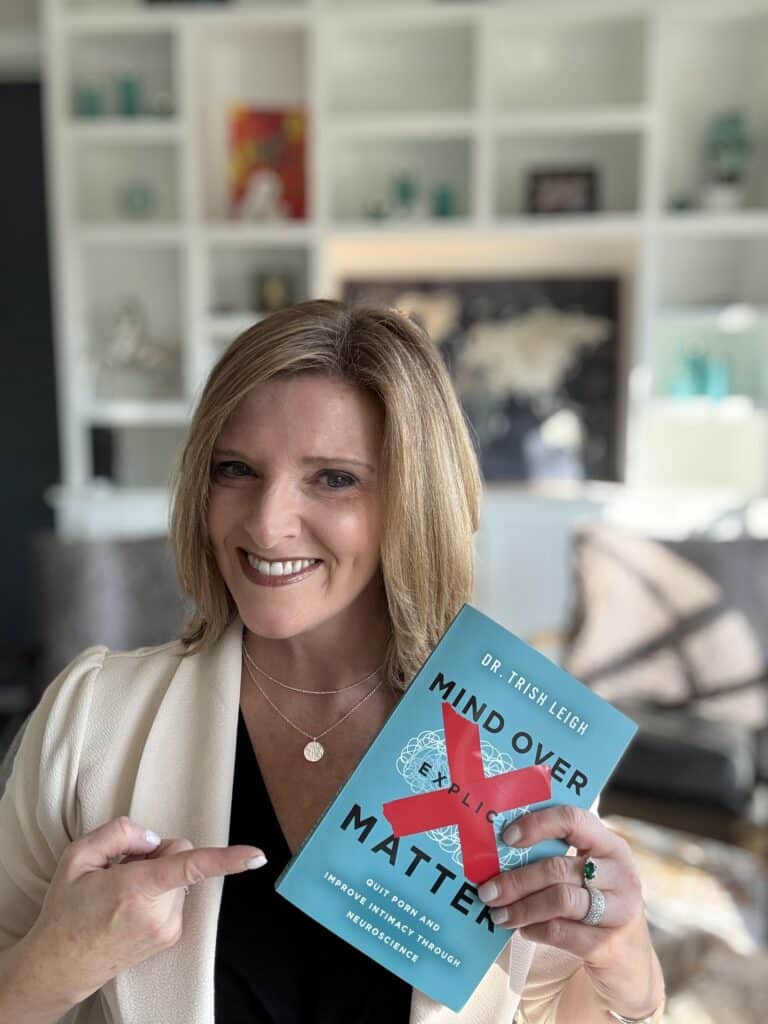Trauma comes in many forms, but it can have severe effects on survivors. Many treatments are available to help survivors overcome their traumatic experiences.
Common Forms of Trauma Treatment
- Cognitive therapy helps trauma survivors recognize harmful patterns of thought, and by becoming aware of them, hopefully, help to change them.
- Exposure therapy creates a safe space for survivors to relive and face the root of their trauma or a traumatic experience, and by experiencing it with positive outcomes, to overcome their triggers.
- Various kinds of medication can be diagnosed to help survivors with the anxiety and depression that often accompany trauma; some medications can also help with nightmares, which many trauma survivors experience.
Why Neurofeedback And Trauma Are An Ideal Fit
Neurofeedback improves brain function by training the brain to function differently. The patient’s brain waves are monitored and analyzed, and then this information is used to rewire the brain to change its normal functions. The patient repeats activities until the desired change is achieved, and then they are rewarded for this achievement.
Here are some reasons why neurofeedback works so well for trauma survivors:
- The Research Proves It Works. Research proves that neurofeedback helps both adults and children who have experienced trauma. Neurofeedback allows them to go back to “normal,” allowing them to handle emotions and attention so they can pursue goals and integrate into society and create connections with others.
- It Gives Trauma Survivors Control. Often, traumatized patients have undergone an experience where control was taken away from them, and this affects them to this day. In neurofeedback, they are actively participating in their recovery. Giving them the ability to work on their own brains, with immediate feedback and rewards, is highly beneficial.
- It Focuses on the Brain and Not on The Traumatic Event. Trauma survivors often avoid more intense therapy such as exposure therapy, and are more comfortable trying neurofeedback. Neurofeedback doesn’t require remembering or re-experienced painful emotions, but instead focuses on the fix.
Dr. Trish Leigh has coached many traumatized patients through her short courses on neurofeedback, as well as live workshops. Her courses teach people how to rewire their brains for success and happiness.


